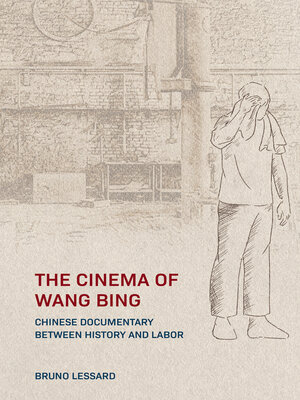
Sign up to save your library
With an OverDrive account, you can save your favorite libraries for at-a-glance information about availability. Find out more about OverDrive accounts.
Find this title in Libby, the library reading app by OverDrive.



Search for a digital library with this title
Title found at these libraries:
| Library Name | Distance |
|---|---|
| Loading... |
Having made documentary films screened at the most prestigious film festivals in the West, Chinese documentary filmmaker Wang Bing presents a unique case of independent filmmaking. In The Cinema of Wang Bing, Bruno Lessard examines the documentarian's most important films, focusing on the two obsessions at the heart of his oeuvre—the legacy of Maoist China in the present and the transformation of labor since China's entry into the market economy—and how the crucial figures of survivor and worker are represented on screen. Bruno Lessard argues that Wang Bing is a minjian (grassroots) intellectual whose films document the impact of Mao's Great Leap Forward on Chinese collective memory and register the repercussions of China's turn to neoliberalism on workers in the post-Reform era. Bringing together Chinese documentary studies and China studies, the author shows how Wang Bing's practice reflects the minjian ethos when documenting the survivors of the Great Famine and those who have not benefitted from China's neoliberal policies—from laid-off workers to migrant workers. The films discussed include some of Wang Bing's most celebrated works such as West of the Tracks and Dead Souls, as well as neglected documentaries such as Coal Money and Bitter Money.







